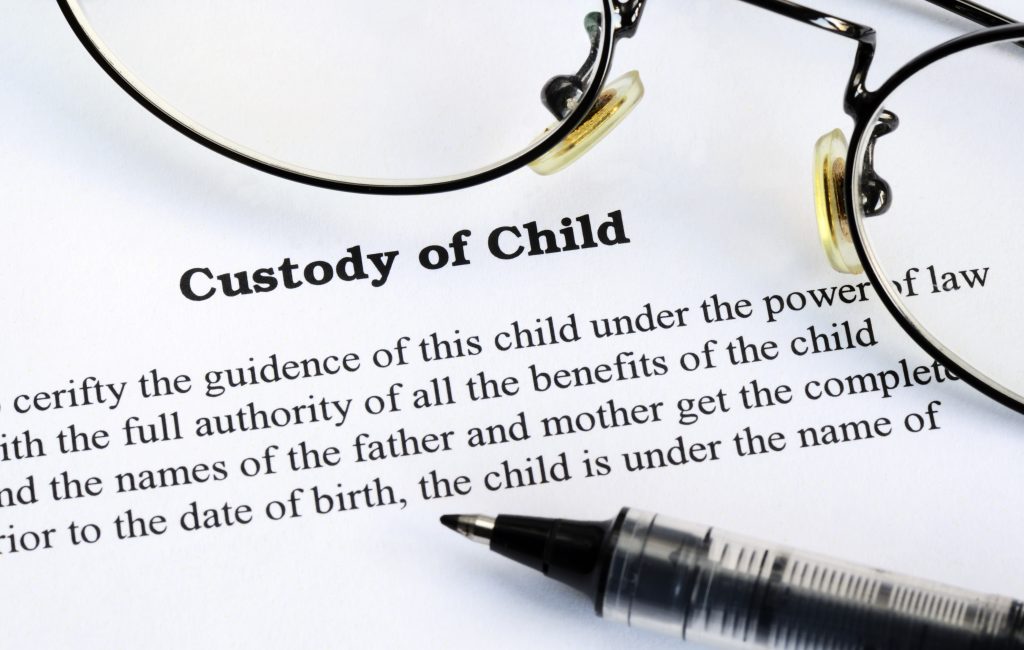
If I am Not a Resident of Utah, Can I Still be Sued in Utah Court?
Sometimes, residents of states other than Utah (and businesses located outside of Utah) will find themselves being sued in a Utah state court. They might wonder: Can I be sued in Utah, or do I have to be sued in my home state? The lawyerly response to that question is: “it depends.”
It is typically a greater financial burden on a party to travel to another state in order to attend court proceedings, and our laws take this logistical factor (among many) into consideration. In some situations, a court may find that is not appropriate for a lawsuit to continue in Utah against a non-resident. In other situations, despite the burden on the out-of-state defendant, a court may find that it is appropriate for the lawsuit to remain in Utah.
So, what are the deciding factors that differentiate between a lawsuit that was appropriately filed in Utah, versus a lawsuit that should have been filed in your home state?
The first set of deciding factors that a court will consider pertain to the concept of “general jurisdiction.” A court will determine whether Utah has general personal jurisdiction over you (or your business) by asking the questions: (a) did you explicitly consent to being sued in Utah, were you served while in Utah, or are you (or your business) a resident of Utah either by domicile or incorporation?; and (b) have you conducted “substantial and continuous local activity” within the state of Utah? If you or your company have indeed maintained this level of activity in Utah, then the court will likely find that general jurisdiction exists, and the lawsuit will continue forward in Utah.
But if not, then the court will move on to the more common set of deciding factors, which pertain to “specific jurisdiction.” Although this area of law is quite intricate and complex, the question of whether specific personal jurisdiction exists can be boiled down to two main questions: (1) do the claims that were brought against you fall under Utah’s “long-arm” statute, and (2) do you have enough “minimum contacts” within the state of Utah, so as to satisfy Constitutional due process?
(1) First, Utah’s “long-arm” statute lists seven types of claims that could potentially make you subject to Utah jurisdiction. Some common claims include: that you engaged in business transactions within Utah, entered contracts to supply goods or services in Utah, or caused injuries in Utah. See for e.g. Utah Code 75B-3-205.
If the party who sued you made claims against you that are not included on this list, then specific jurisdiction does not exist, and it would be inappropriate for the case to continue in Utah. If the claims against you are included on this list, then the inquiry is not ended, but rather the court will then move to the second prong.
(2) The second question is whether you have the requisite “minimum contacts” with the state of Utah. This is where the law can become fact-intensive, but the primary questions the court asks are whether you “purposefully availed” yourself of the benefits and protection of being in (or doing business in) the state of Utah, and whether your presence would have reasonably led you to expect that you could be sued in Utah. An example of purposeful availment: a Colorado company sends a marketer to Utah to advertise the business’s services or products to Utah residents. An example of reasonably anticipating being subject to suit in Utah: you got into a car accident while driving through Utah, and an injured person claims you caused them injuries.
Out-of-state parties questioning whether they are subject to being sued in Utah should consider contacting a Utah attorney. Whether you want to pursue dismissal from this state, or whether the case will remain in Utah and you need an attorney to represent you, your attorney will need to be licensed to practice law in Utah. Call Daniel W. McKay & Associates, PLLC today to speak with a competent, experienced, Utah attorney.
you may also like
In Utah, what is needed to qualify for a Stalking Injunction?
If you are scared for your safety because you reasonably believe someone might try to harm you…










